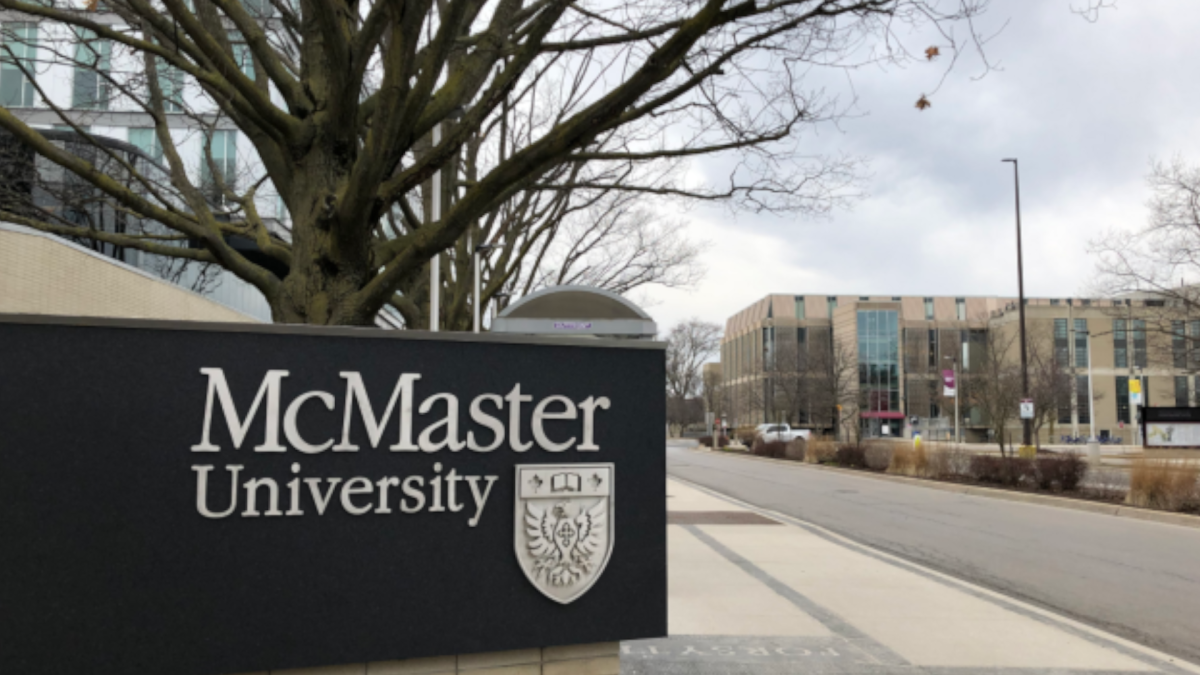Researchers at McMaster University are set to receive $5 million in federal support to embark on a large-scale study to determine the effectiveness of vaccinations in long-term care homes amid the COVID-19 pandemic.

The study is a partnership with Schlegel Villages homes across Ontario, St. Joseph’s Health and Health Sciences North Research Institute, and expected to involve more than 2,000 residents, staff and visitors of long-term care homes over the course of a year.
“They’re going to help us because they’re going to be providing saliva samples so we can track and understand how the infection is getting into these facilities and perhaps even prevent some of those infections,” immunologist and professor Dawn Bowdish said in a release.
Bowdish says Canada is the number one country in the world for deaths in long-term care.

Get weekly health news
The researcher says 70 per cent of COVID-19 deaths in the county have occurred in long-term care or nursing homes.
The probe aims to determine what elements in long-term care homes may be associated with outbreaks, and whether homes with previous infections are likely to have future outbreaks.
“So what the overarching goal of the study is, is to tangle all these complicating factors that are influencing outbreaks, infection by residents’ illness, severe illness as well as death,” said Andrew Costa, epidemiologist and co-principal investigator of the study.
Researchers are expected to draw on the expertise of a number of other scientific partners including the Ministry of Health and Public Health Ontario.
Bowdish says some early unrelated studies showed cases in which fully vaccinated long-term care residents still acquired infections and that it’s possible they might need additional booster shots.
“We don’t understand the longevity of older adults who sometimes lose their antibodies quicker than younger people,” Bowdish told Global News.
“So we need to understand, do they need a booster?”
A key part of the study will be observing the levels and quality of antibodies in older adults and specifically the body’s ability to recall past defenses when a need arises.
“So one of the things about vaccines is they they sort of teach and educate your immune cells to sort of memorize that pathogen,” Bowdish said.
“Older adults sometimes don’t have very good memory responses, so that means that they can’t call back those antibodies or that immune response when they need it in the future.”
Funding for the study is coming from Canada’s COVID-19 Immunity Task Force (CITF).
“COVID-19 has taken an enormous toll on the elderly and studies like this one are needed so we can better protect them going forward,” said Allison McGeer, CITF Leadership Group member. “We encourage teams to work with those who can use the findings and implement them quickly, such as government, public health authorities, and key long-term care facility operators. This study is doing that.”














Comments
Want to discuss? Please read our Commenting Policy first.